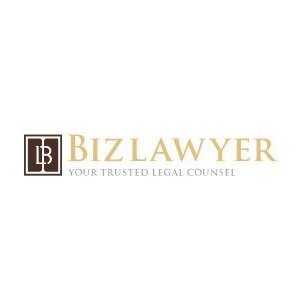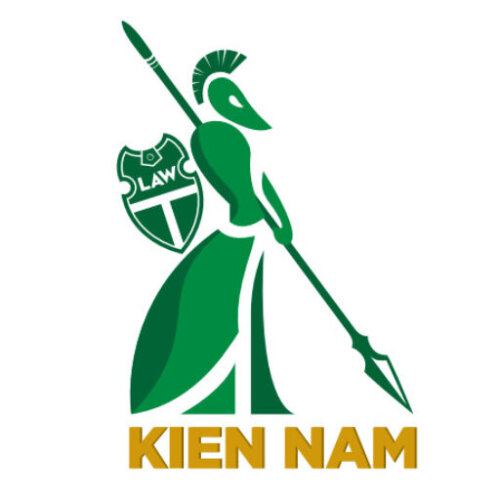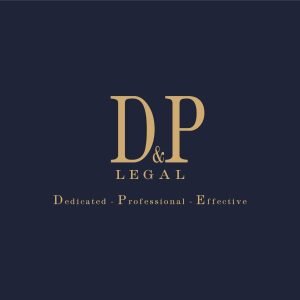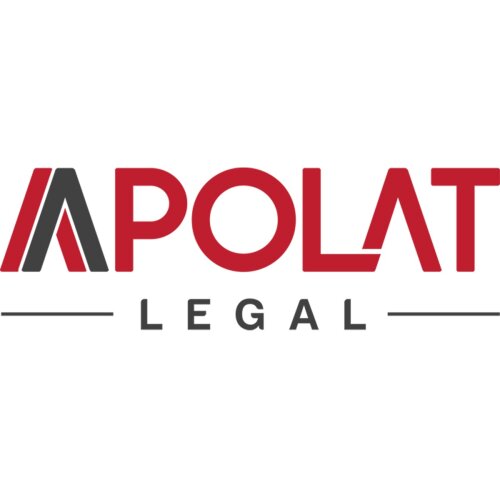Best Nonprofit & Charitable Organizations Lawyers in Ho Chi Minh City
Share your needs with us, get contacted by law firms.
Free. Takes 2 min.
List of the best lawyers in Ho Chi Minh City, Vietnam
![[DDC] DONG DU INTERNATIONAL ACCOUNTING, TAXES & LEGAL CONSULTING GROUP HCMC VIETNAM](https://lawzana.com/storage/firms/2690/17617306202399.jpg)
About Nonprofit & Charitable Organizations Law in Ho Chi Minh City, Vietnam
Nonprofit and charitable organizations play a vital role in the social fabric of Ho Chi Minh City, Vietnam. These organizations are primarily focused on delivering services and addressing societal needs without the motive of making a profit. In Vietnam, nonprofits can take several legal forms, including associations, social relief establishments, and funds. Ho Chi Minh City, being a major urban center, hosts a variety of such organizations ranging from local community groups to internationally recognized NGOs.
Why You May Need a Lawyer
There are several situations where legal assistance may be necessary for individuals or groups involved with nonprofit and charitable organizations:
- Formation and Registration: Navigating the legal process of establishing a nonprofit, including registration and compliance with local laws, can be complex.
- Governance Issues: Advising on governance structures, board liabilities, and internal policies to ensure compliance with Vietnamese law.
- Contractual Agreements: Drafting and reviewing contracts with vendors, donors, and employees.
- Tax Compliance: Understanding and applying for available tax exemptions and maintaining compliance with tax regulations.
- Dispute Resolution: Handling potential disputes with stakeholders including employees, donors, or government bodies.
Local Laws Overview
There are several key aspects of local laws in Ho Chi Minh City relevant to nonprofit and charitable organizations:
- Legal Framework: The legal foundation for nonprofit organizations in Vietnam is primarily provided by the Law on Associations, various decrees, and circulars which define establishment procedures, operational guidelines, and activities allowed for nonprofits.
- Registration and Licenses: Organizations must register with appropriate governmental agencies to obtain legal recognition. This includes the Department of Home Affairs and potentially other specialized government departments depending on the organization's focus.
- Tax Regulations: Nonprofits may be eligible for certain tax benefits, but need to maintain compliance with specific reporting requirements.
- Foreign Non-Governmental Organizations: Foreign organizations need specific permissions and must adhere to additional regulations to operate within Vietnam.
Frequently Asked Questions
What types of nonprofit organizations can be established in Ho Chi Minh City?
There are several forms including associations, social funds, and charitable funds, each serving different purposes and having distinct legal requirements.
Is it necessary to have a Vietnamese partner to set up an NGO in Vietnam?
It is not always necessary, but having local partners can facilitate smoother registration and operational processes.
What is the process for registering a nonprofit in Ho Chi Minh City?
The process typically involves submitting an application to the Department of Home Affairs or other relevant local authorities, along with required documentation such as statutes and the profiles of founding members.
Are there tax benefits available for nonprofits in Ho Chi Minh City?
Yes, nonprofits may avail tax exemptions, but they mustensure compliance with regulatory requirements to maintain these benefits.
Can foreign NGOs operate in Ho Chi Minh City?
Yes, but they must obtain an operating permit from Vietnamese authorities and follow specific compliance regulations.
What are the reporting requirements for nonprofits operating in Vietnam?
Nonprofits are required to submit annual reports on their financial activities and operations to maintain transparency and regulatory compliance.
How can a nonprofit organization raise funds in Vietnam?
Organizations can raise funds through donations, fundraising events, and sponsorships, but must adhere to regulations concerning financial transparency and donor rights.
What governance structures are required for nonprofits in Ho Chi Minh City?
Most nonprofits are required to have a governing board and clearly defined bylaws to guide their operations and decision-making processes.
How are disputes within a nonprofit organization typically resolved?
Disputes can be resolved through internal mechanisms specified in the organization's statutes, or through mediation and legal action if necessary.
What legal documents are necessary to operate a nonprofit in Ho Chi Minh City?
Key documents include the organization's charter or bylaws, registration certificates, operating permits, and financial records.
Additional Resources
For further assistance, consider contacting the following resources:
- Department of Home Affairs: The primary body responsible for the administration of nonprofit registration and oversight.
- Vietnam Union of Friendship Organizations (VUFO): An umbrella organization that provides support to foreign NGOs operating in Vietnam.
- Local law firms specializing in NGO and nonprofit law: These firms can provide tailored legal advice and services.
- Professional networks and online forums: Networks such as the Vietnam Non-Governmental Organizations Network can offer peer support and information sharing.
Next Steps
If you require legal assistance for a nonprofit or charitable organization in Ho Chi Minh City, consider the following steps:
- Identify your specific legal needs related to the nonprofit you are involved in.
- Reach out to legal professionals or law firms specializing in nonprofit law for consultations.
- Prepare all necessary documents and information to facilitate efficient legal consultations.
- Engage with relevant local authorities and follow legal guidance to ensure compliance and smooth operations for your organization.
Lawzana helps you find the best lawyers and law firms in Ho Chi Minh City through a curated and pre-screened list of qualified legal professionals. Our platform offers rankings and detailed profiles of attorneys and law firms, allowing you to compare based on practice areas, including Nonprofit & Charitable Organizations, experience, and client feedback.
Each profile includes a description of the firm's areas of practice, client reviews, team members and partners, year of establishment, spoken languages, office locations, contact information, social media presence, and any published articles or resources. Most firms on our platform speak English and are experienced in both local and international legal matters.
Get a quote from top-rated law firms in Ho Chi Minh City, Vietnam — quickly, securely, and without unnecessary hassle.
Disclaimer:
The information provided on this page is for general informational purposes only and does not constitute legal advice. While we strive to ensure the accuracy and relevance of the content, legal information may change over time, and interpretations of the law can vary. You should always consult with a qualified legal professional for advice specific to your situation.
We disclaim all liability for actions taken or not taken based on the content of this page. If you believe any information is incorrect or outdated, please contact us, and we will review and update it where appropriate.
















